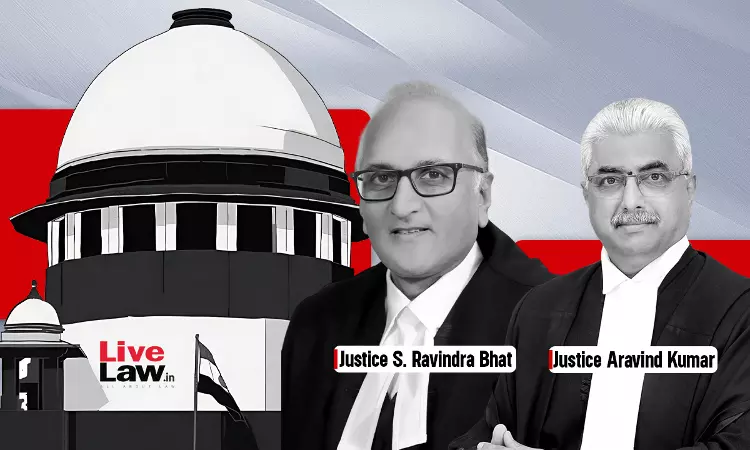'No Overt Act' : Supreme Court Set Aside Conviction Under Section 323 r/w 34 IPC
Suraj Kumar
20 July 2023 6:45 PM IST

Next Story
20 July 2023 6:45 PM IST
The Supreme Court recently set aside the conviction under section 323 read with section 34 IPC(joint liability) on the ground that the appellants themselves did not do any act which can be attributed to them in the incident. The case related to the assault of a woman who was beaten to death. However, the specific role played by appellants in the crime was not proved.The Supreme Court...
